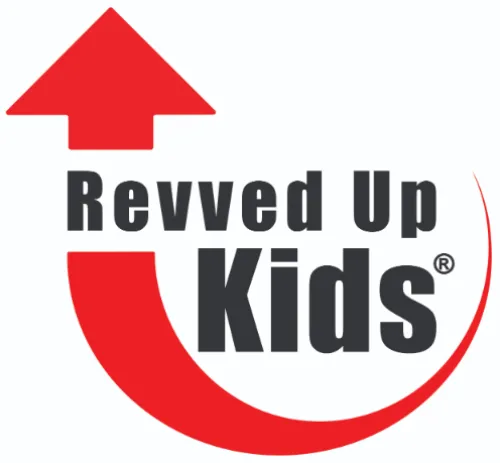They say the journey of a thousand miles begins with the first step... Then, when you keep looking up "first step" and healing quotes, you are flooded with search results saying that "the first step is always the hardest." That is complete and utter BS.
Take writing these journals, for example. This is not my first step in the healing process, not even the first time I have written in a journal. It isn't even the hardest thing I have done in my healing journey. I have made a lot of "first steps." Every time you try to find a new outlet to heal, it is a first step. And every first step does feel like starting a thousand mile journey.
What I find most important to remember in times like these is why I am making this specific journey. When I went to a new therapist back in college to try a new type of therapy called EMDR (Eye Movement Desensitization and Reprocessing) I had to remind myself why I was choosing to go through the constant agony of having to relive those nights. Starting with the first attack at 14.
I wasn't always able to talk about what happened to me. In fact, I hadn't told anyone about what happened to me in the fall of 2011 until the fall of 2015. That was the first thing my attacker took from me: my voice.
At first I was in shock after the event. Then I was too young to really understand what had actually happened to me. Then, the years of grooming took effect. My attacker had trained me, little by little, assault by assault, not to tell anyone what was happening in my parent's basement when they weren't looking. So I didn't. And then I couldn't. It was like I had fashioned my own gag order. Then when I finally told someone about what happened, I couldn't go through the events without falling apart. Every time I thought about what happened, the evening would end in tears, my head splitting, my heart breaking, my body out of my control, and my mind a dark prison. I wanted to escape. And this new therapist offered a solution. That is why I stayed with it.
First,
you should know what EMDR is in order to understand why it was worth doing for
me. Here is the Wikipedia definition:
Eye movement desensitization and reprocessing (EMDR) is a form of psychotherapy developed by Francine Shapiro starting in 1988 in which the person being treated is asked to recall distressing images; the therapist then directs the patient in one type of bilateral stimulation, such as side-to-side eye movements or hand tapping.
EMDR is particularly useful for patients like me who have
a mild to moderate case of PTSD. It takes the physical reaction out of the
equation (mostly). I sat in her office for months talking about my best friend
in middle and high school who did those things to me. I talked about every
instance of abuse. The more we talked, the more memories we uncovered. The more
we did the treatment, the easier it was to talk about it. I finally got my
voice back. I finally had control of the memories that haunt me, even the
memories that I couldn't remember in my conscious mind, but still torment me. I
finally had control of my narrative.
About the same time I was going through EMDR, women all around the country were beginning to hold some very high profile men accountable for sexual assault and harassment; some had taken place decades before. I remember sitting in the parking lot of a Kroger three nights a week on the phone with my dad just to have a private place to cry and talk. I told him that I didn't want to be in my 50s still trying to convince the world that sexual assault and rape is harmful to a victim. I sobbed and felt crushed by a society that continued to make excuses for the predator. A society that was okay with "locker room talk" and "boys will be boys." I refuse.
I would never ask a survivor to do what I am doing. A complete dump of emotions, thoughts, and feelings on the internet. My hope is that you will read this and learn something. That you will become more empathetic. That this will open your eyes. Then I hope you share this. Share this with someone on their healing journey who doesn't want to feel alone. Share this with the family grieving a loved one's attack. Share this with the person who makes excuses for the predator. Share this with a predator. You might know one. I knew most of mine. Make the pain and heartbreak known. Stop treating sexual assault like it isn't a crime. Assault not a "mistake." It isn't a "good time" that went wrong. It isn't just in "her" head. It isn't something we should just accept as a part of life.
Sexual assault is one of the deepest violations a person can do to another person. It has the capacity to destroy lives. It has the capacity to end them. It has almost ended mine.
I look forward to writing again soon.
~ The Survivor
Revved Up Kids has trained tens of thousands of children to recognize dangerous people, avoid unsafe situations, and escape attackers. Our training programs are available for boys and girls in K-12th grade, for parents, and for youth serving organizations. Contact us to discuss protecting the children you love from predators and violence, 678.526.3335.

